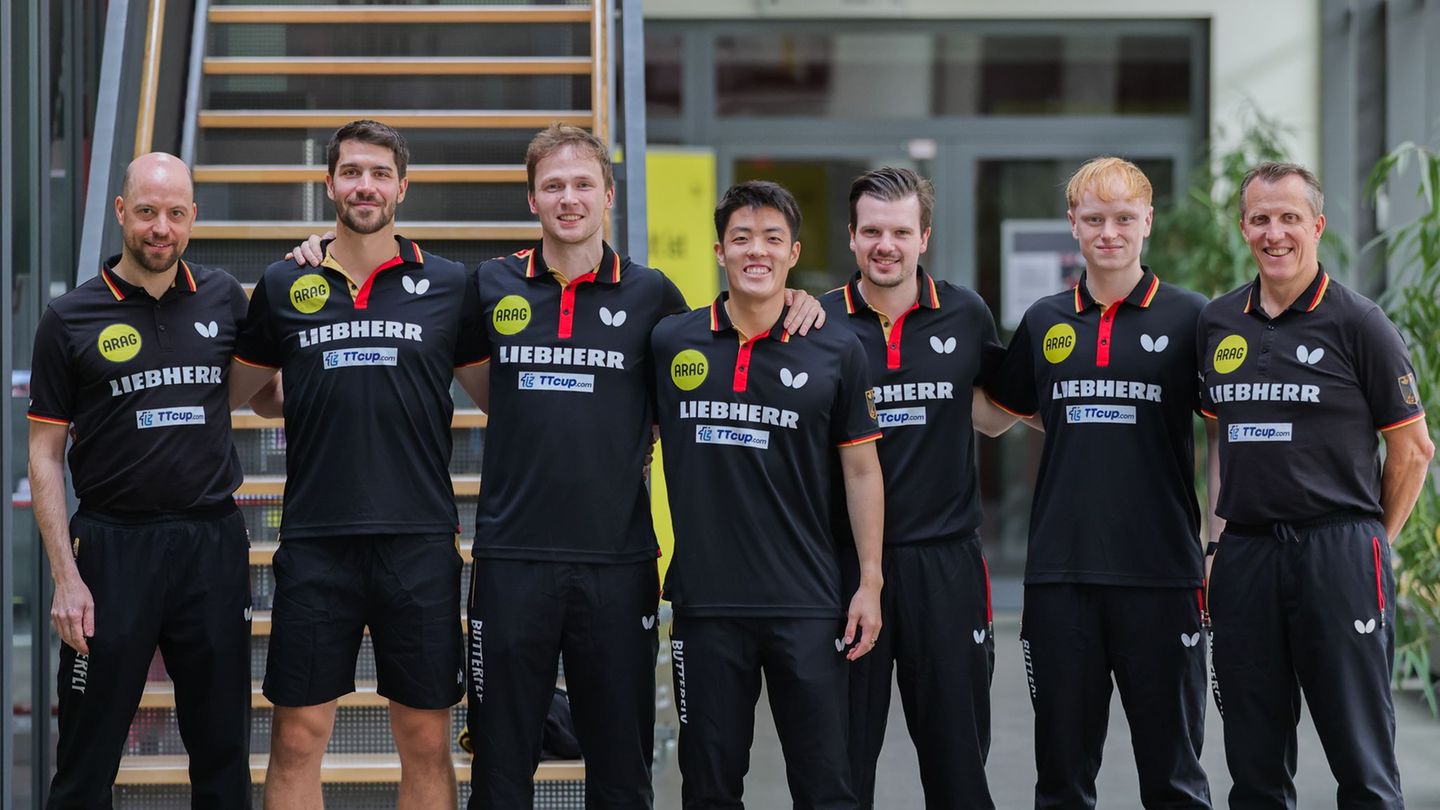Trafigura, like other independent marketers such as Vitol, has been investigated in recent years for its participation in contracts in Latin America.
The Geneva-based company came under the scrutiny of the Mexican government when in October 2021 President Andrés Manuel López Obrador mentioned it among foreign firms that transported contraband fuel.
The president spoke after the Ministry of Energy (Sener) withdrew from Trafigura five 20-year permits that it had received in 2018 and that covered hundreds of millions of liters of diesel, jet fuel and gasoline.
Since then, the firm has fought in local courts to regain a place in lucrative fuel imports in Mexico, which is among the top five global importers with $15 billion in all of 2021 and $14 billion this year, amid a price rise, according to official data.
Trafigura achieved a first It did not provide details on the status of the imports.
SECOND FRONT
But the firm faces another battle. The tax authority, the SAT, removed it from the list of companies authorized to import petroleum products three days before the judge ratified his ruling in May to return the suspended permits.
The SAT argued that the exclusion was due to a fiscal debt of the equivalent of about 10.6 million dollars from Trafigura, not the disputed permits, one of the documents showed. The judge ordered Sener to notify the SAT that the company was not removed from the list of importers.
Neither Sener nor SAT responded to requests from Reuters for comment on the dispute with Trafigura.
The secretariat never publicly explained the reason for the withdrawal of the permits, but in the documents it argues a “misuse”, since the company transported products in a tanker and not through a pipeline that would connect to a maritime terminal in the state of Veracruz, as assured is set in the permissions.
Trafigura alleges that it has not violated the conditions of the permits and that the transport logistics do not “suppose a variation of those conditions”, in addition to the fact that it is not obliged to “use a certain infrastructure nor do they contemplate the exclusive use of a certain one”, point out the court papers.
The administration of López Obrador, a nationalist in energy matters, has made great efforts to reverse the opening of the sector carried out in the government that preceded him.
Since he came to power at the end of 2018, he has closed the door to new auctions of hydrocarbon contracts to private and foreign companies and has promoted policies to strengthen the two large state-owned companies in the sector, the oil company Pemex and the electricity generator CFE.
The sector regulator has canceled more than 300 marketing permits for petroleum products, oil, condensates and natural gas, including those of the Anglo-Dutch oil company Royal Dutch Shell and the Spanish company Iberdrola.
Canada and the United States requested talks in July within the North American agreement (TMEC) accusing that Mexican energy policies are discriminatory and possibly vibratory of the regional pact.
The consultations of the Mexican partners come after repeated complaints from US companies and Washington about the future of Mexican policies in the energy sector and represent the most serious dispute between the TMEC partners, which could lead Mexico to costly commercial retaliation. (By Adriana Barrera, additional reporting by Marianna Párraga in Houston. Adder by Ana Isabel Martínez)
Source: Ambito
David William is a talented author who has made a name for himself in the world of writing. He is a professional author who writes on a wide range of topics, from general interest to opinion news. David is currently working as a writer at 24 hours worlds where he brings his unique perspective and in-depth research to his articles, making them both informative and engaging.




